How Cloud Computing Works?
Cloud computing is the delivery of computing services—including servers, storage, databases, networking, software, analytics, and intelligence—over the Internet (“the cloud”) to offer faster innovation, flexible resources, and economies of scale.
With cloud computing, businesses can avoid the high capital costs of buying and maintaining their own on-site IT infrastructure. Instead, they can access technology resources on demand, paying only for what they use.
The cloud is a network of servers that are connected together, usually in a data center. These servers store and manage data, and allow users to access them remotely.
Cloud computing allows businesses to scale their IT operations up or down, as needed. They can add or remove resources as demand changes, without having to over-provision or under-utilize their infrastructure.
Cloud computing is pay-as-you-go, so businesses only pay for the resources they use. This can help them save money on their IT costs.
How Does Cloud Technology Work?
In more technical terms, cloud technology operates via data centers. Your information is stored in virtual servers rather than on your phone, computer, or tablet. These virtual servers are linked to massive data centers that have the infrastructure needed to store and protect your data.
Cloud hosting is made possible by cloud technology. Companies that specialize in cloud computing, as the name implies, host their own cloud service. Cloud services that are hosted can be public or private. The path you take is determined by your company’s needs and constraints. However, your phone’s Google Drive or iCloud is a public cloud because anyone can access it. Let’s take a closer look at this.
Public Cloud
As you might expect, public clouds are open to the public. These publicly available infrastructures are owned by third-party vendors (think Gmail) and used by a variety of businesses. In the case of Gmail, anyone can use it, and many different businesses do.
Public cloud services are an excellent choice for start-ups and businesses that do not have stringent security requirements (no medical and legal businesses). This type of technology enables businesses to reap the benefits of the cloud without spending a lot of money or manpower to keep it running.
Private Cloud
Private clouds are only available to a single company. The IT infrastructure is either on company property or in the data center of the cloud provider. Private clouds provide businesses with an individualized level of service, i.e. a cloud built specifically for them.
Private clouds offer enhanced security and compliance for businesses with stringent security and compliance requirements, such as HIPAA. Because this is your own cloud technology, it requires more effort to manage and maintain.
There are three types of cloud technology: IaaS, PaaS, and SaaS:
IaaS
Infrastructure as a Service (IaaS) is traditional infrastructure that has been virtualized. Your servers, storage, and networking equipment are moved to the cloud using this method of cloud computing. Because you don’t have to worry about investing in more IT space as your business grows, IaaS aids in future planning.
PaaS
PaaS (Platform as a Service) gives businesses the tools they need to test and develop applications. By managing the platform on which your developers work, they can concentrate on the big picture while your PaaS provider ensures the system is operational.
SaaS
Software as a Service (SaaS) provides ready-to-use programs. All your company has to do is sign up for the service. Microsoft Office 365 and Salesforce are excellent examples of SaaS providers because they offer the entire package to businesses.
Cloud Computing Benefits
Security
Your data is safe from accidents, hacking, and even natural disasters because it is housed in secure, hardened data centers. And because it’s cloud-based, your vital information isn’t at the mercy of a single device that could become infected or break at any time.
Scalability
Space for IT infrastructure can have a significant impact on the budget of growing businesses. There is less need for IT-related space with the cloud. By storing your data remotely, your company can expand without having to invest in new IT equipment.
Productivity
As long as you have an internet connection, you can access the cloud from anywhere, at any time. This means you can work from home or while on the road. You’ll be able to stay ahead of the dreaded task backlog that accumulates when you’re not at your desk.
Continuity
How is your data protected in the event of an emergency or natural disaster? If it’s locally stored and your office floods, you may have lost everything. Cloud-based solutions ensure that your data is safe and secure in the event of an unforeseen event.


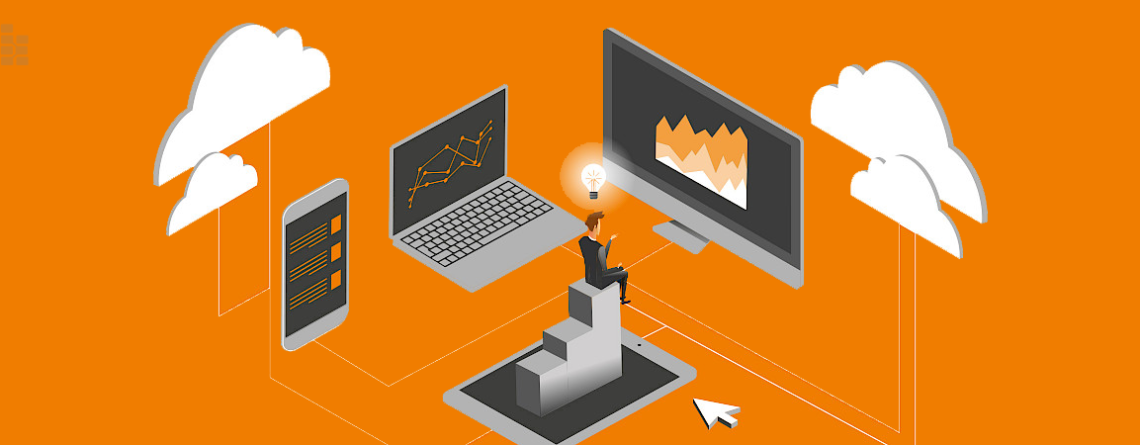
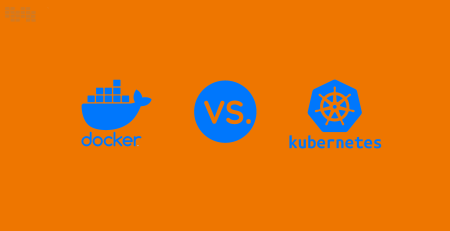
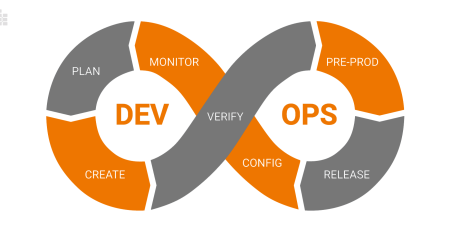
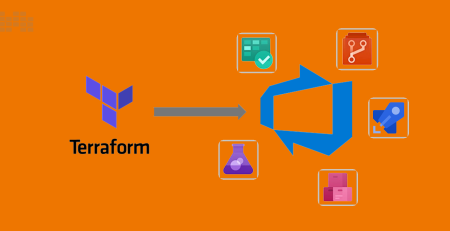
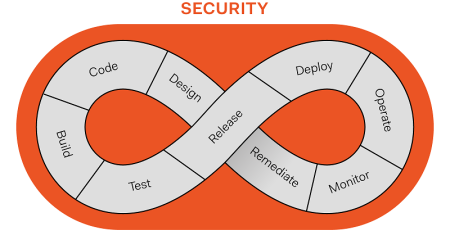



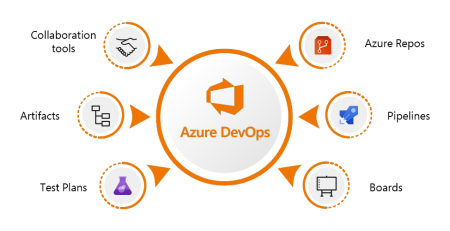


Leave a Reply